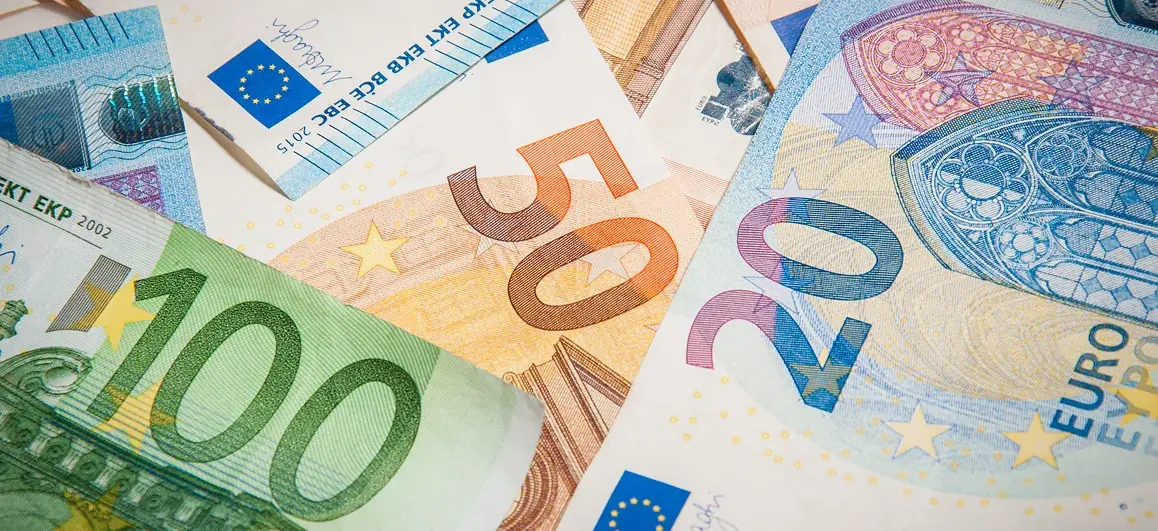Can the ECB Prevent EUR/USD From Surpassing the 1.20 Threshold?
By tredu.com • 7/3/2025
Tredu

Can the ECB Stop the Euro’s Ascent Above 1.20?
ECB Officials Signal Concern Over EUR/USD Strength
In recent days, European Central Bank (ECB) leaders have shifted their tone on the strength of the Euro (EUR). While ECB President Christine Lagarde once expressed optimism about eurozone confidence reflected in the currency’s rise, Vice-President Luis de Guindos has now warned that a EUR/USD level above 1.20 would be problematic.
This marks a significant change in narrative from within the ECB Governing Council, indicating growing concern about the economic implications of rapid exchange rate appreciation.
Why Is the 1.20 Level Significant?
De Guindos highlighted not just the level, but more importantly, the pace at which EUR/USD is rising. Since February, the trade-weighted Euro has appreciated by more than 7%, a substantial move in a relatively short timeframe.
Sudden fluctuations reduce planning certainty for exporters, potentially weighing on eurozone inflation and growth. A stronger euro also leads to cheaper imports, which can undermine the ECB's effort to keep inflation near its 2% target.
ECB’s Limited Options Under G20 Rules
Despite the concerns, the ECB is constrained in its ability to directly intervene:
- Targeting a specific exchange rate level is prohibited under G20 agreements.
- Currency interventions, like direct forex market actions, are off the table.
- The ECB could consider interest rate cuts to weaken the euro, but with already low rates, such tools have limited room.
If EUR/USD tests or breaks above 1.20, markets will watch how the ECB responds. Any perceived inaction could fuel further euro strength.
Potential Policy Response
If appreciation persists:
- The ECB may adjust inflation projections, factoring in the stronger euro.
- This could justify a more dovish policy stance, possibly slowing any future tightening.
However, as analysts note, “cutting rates won’t guarantee euro depreciation” — especially in a global environment where other central banks, like the Federal Reserve, are also leaning dovish.
Related Tredu Reads:
- EUR: ECB Voices Concern Over Euro Strength
- US Dollar Struggles as Payroll Data Looms
- What Does a Strong Euro Mean for European Exports?

How to Trade Like a Pro
Unlock the secrets of professional trading with our comprehensive guide. Discover proven strategies, risk management techniques, and market insights that will help you navigate the financial markets confidently and successfully.


